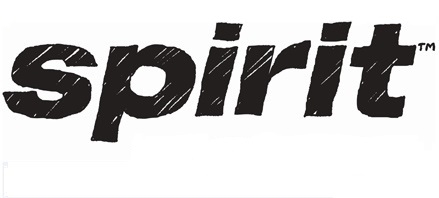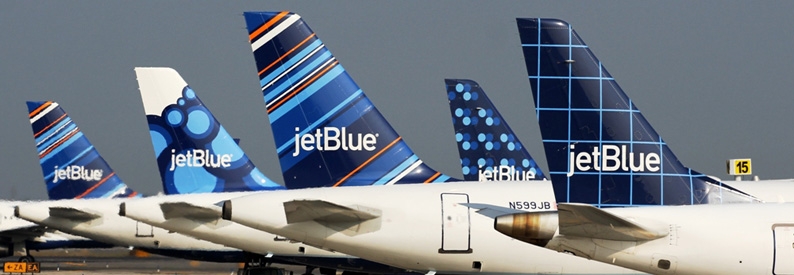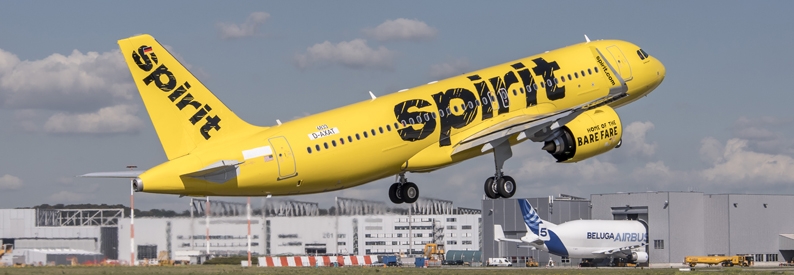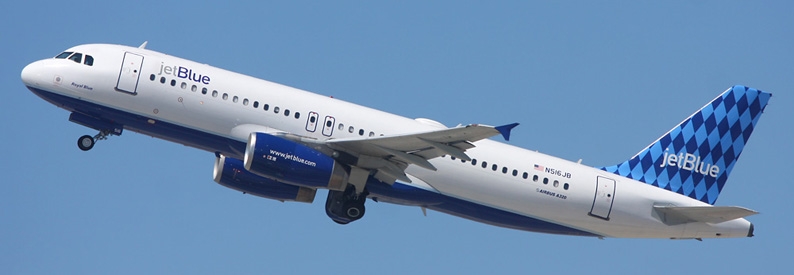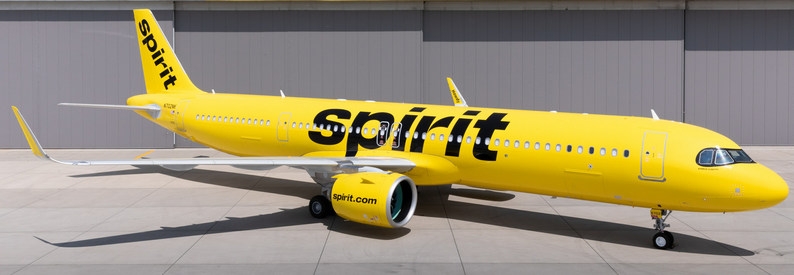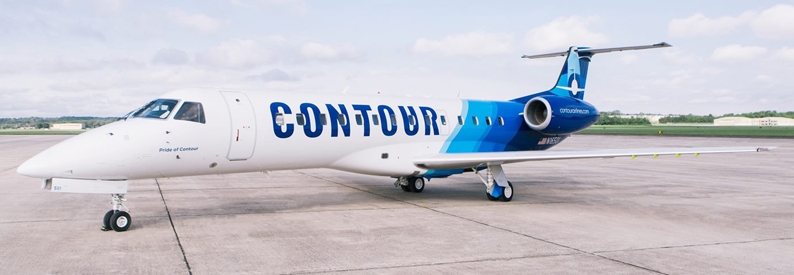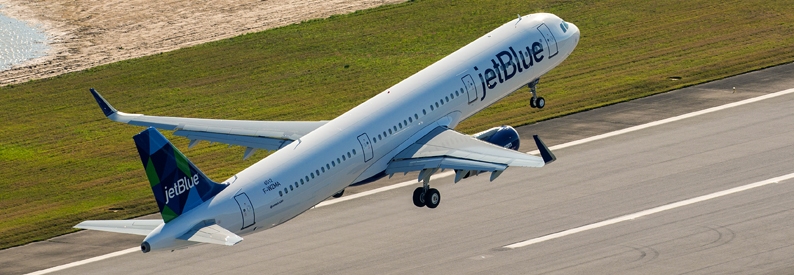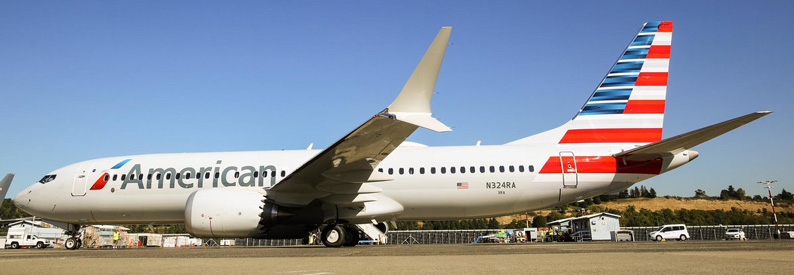Spirit Airlines (NK, Fort Lauderdale International) has hired financial adviser PJT Partners and consulting firms FTI and Seabury Airline Strategy Group to explore strategic alternatives and potential financial restructuring options after its Chapter 11 process failed to put the carrier on a sustainable path, The Wall Street Journal reported, quoting people with knowledge of the matter.
This comes shortly after the airline borrowed USD275 million via a revolving credit in an effort to avoid a cash crunch that had threatened the company’s future.
The loan was arranged with a group of lenders led by Citibank (acting as administrative agent) and Wilmington Trust (the collateral agent) and matures on September 30, 2026.
In a notice to the markets, Spirit Airlines said the funds will serve general corporate purposes and bolster liquidity.
The carrier also inked a revised agreement with its credit card processor, the US Bank National Association, which was extended by two years until December 31, 2027, in exchange for extra collateral and permitting daily holdbacks of up to USD3 million per day.
The airline also recently announced the furlough of 270 pilots and downgrade of 140 captains. Spirit is exploring other ways to bring in cash, such as selling aircraft, real estate or excess gate capacity, as it faces adverse market conditions, including excess domestic capacity and weak leisure demand.
Last year, the carrier projected a profit of USD252 million for 2025, but in reality it lost USD256 million between mid-March and June.
In a statement to ch-aviation, Spirit said: "We will not comment on market rumors and speculation," adding that the company remains "hard at work on many initiatives to protect our business [...]. Our focus is on making the necessary changes to better position the company and build a stronger airline."
The company emerged from a Chapter 11 bankruptcy process in March 2025, equitising around USD795 million of its pre-existing debt and securing USD350 million in new equity from existing investors. However, the reorganisation did not sufficiently resolve other problems, such as high lease expenses, according to The Wall Street Journal.
Moody’s Ratings forecast that the airline will burn through more than USD500 million in cash this year. If this were to take place, the airline would violate minimum liquidity covenants by year-end, which could lead to a series of default events, according to a Spirit filing earlier in the month.
Spirit Airlines’ fleet comprises sixty-two A320-200s, ninety-one A320-200Ns (with 25 more due), twenty-nine A321-200s, and thirty-two A321-200NXs (with 32 more due).
